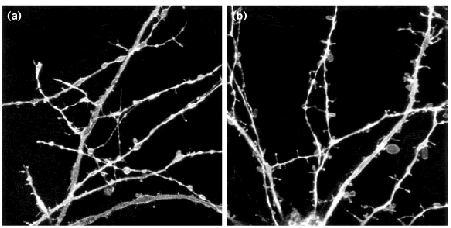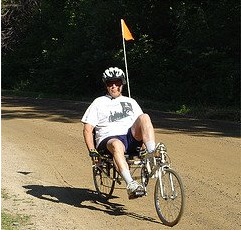Lucy Atkins’s article on chemobrain for the Guardian in the UK struck a chord. It was picked up by the print edition of the Irish Times. Here are some reader comments.
Re: Cancer Fallout, Healthplus, April 28th
Dear Sir,
I read an article in Healthplus about cancer fallout which was very interesting to me as a cancer survivor.
Even though the section was about breast cancer, a lot of the after effects experienced by these women are similar to mine. I am a 28-year-old male who was diagnosed with non-Hodgkin CNS lymphoma in 2005.
Although four years on, this type of cancer is treatable, I went through all the treatment and am now in remission. But the fallout and side effects from it still make me worry that it might come back again because some of the symptoms that I presented with have not gone away, but the doctors have told me everything is fine from the scans that have been done.
As some of the women who had breast cancer and survived say in the article, the after effects of chemotherapy can be very difficult to live with.
Like the women who were describing some of the after effects of chemo on the brain, I too have had similar effects as well.
These include being forgetful and misplacing items, forgetting people’s names, etc. Sometimes I can’t remember certain things that happened just a few days ago – even if someone asks me if I remember certain things that we did last week.
Sometimes I have to go back to check whether I locked the front door when going out, only to find that I did, or having to check whether I rolled up the window in the car.
All these small things would drive a person mad. Sometimes when people are talking I have to say yes to them, to keep up with the conversation about something that happened. I could be trying to think of it, but just cannot remember it happening.
It can get so irritating at times that I ask myself is there something wrong with me that I can’t remember.
Confidence levels drop and sometimes one might get into a depressed state for a few days and get upset with people asking, “Are you all right, what’s wrong, can we help?”
You can get angry with yourself that you are unable to explain to them what’s going on when you don’t even know yourself why this is happening, but you get back out of this depressed state when something needs to be done.
There are also times, like now, where I have thought of something to say and I’ve forgotten it already.
Small little things like that can get a person down. Life can be difficult but we just have to keep going and try to put it to the back of our minds.
Any other information on chemobrain, or any information on where to obtain it, would be greatly welcomed.
Yours etc,
Conal Sadler,
Sheeaune,
Westport,
Co Mayo .
Dear Sir,
I had a mastectomy in August 2006 followed by chemo which finished in early 2007 – and to this day I can stop mid-conversation completely lost for a simple word.
I always say it is “chemobrain”, much more impressive than the so common “senior moment”! I do think it is a problem, much the same as being told that you may suffer from tiredness from chemo, whereas from what I gather it affects everyone.
Tiredness is not the right word for the utter fatigue I experienced.
Yours etc,
Anne Vaughan,
Templeville Drive,
Dublin 6W
 Globe writer Kate Jackson blogs about her treatment for breast cancer (invasive ductal carcinoma in situ, stage III, to be exact.) Kate’s vibrant personality and lively writing are all
Globe writer Kate Jackson blogs about her treatment for breast cancer (invasive ductal carcinoma in situ, stage III, to be exact.) Kate’s vibrant personality and lively writing are all 


